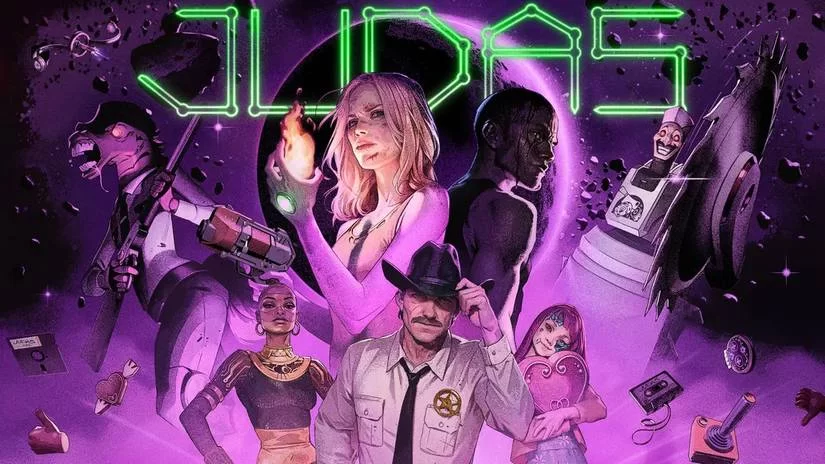Ken Levine, the visionary director behind BioShock, has offered fans their most detailed look yet at the ambitious Villainy system coming to his next sci-fi first-person shooter, Judas. While the game still lacks a confirmed release date, the newly revealed mechanics highlight how deeply player actions will shape the story, setting Judas apart from both its predecessors and modern FPS competitors.
The “Big 3” Characters at the Heart of Judas
At the core of this system are what Levine calls the “Big 3”—three major non-playable characters whose fates are directly tied to how the player chooses to interact with them. Each of these figures will come with rich backstories, unique abilities, and evolving personal relationships with the protagonist. Much like Elizabeth from BioShock Infinite, they won’t simply be quest markers, but companions that the player can grow attached to over time.
The twist, however, is that not all of them can remain allies. Because of limited time and resources, one of the Big 3 will inevitably feel neglected, leading them to transform into a villainous adversary. This betrayal is not scripted in the traditional sense—it’s entirely dependent on player choices, creating a personalized narrative where no two playthroughs may be the same.
Betrayal as a Gameplay Mechanic
When a Big 3 character turns against the player, their once-helpful skills and knowledge are weaponized as tools of opposition. According to Levine, this design decision is meant to make the betrayal sting emotionally as well as mechanically. Unlike the Nemesis System from Middle-Earth: Shadow of Mordor, where enemies grow stronger based on encounters, Judas ties the mechanic to characters the player has genuinely bonded with, making the eventual fallout feel more like losing a trusted friend than defeating a random foe.
A Fresh Take on Narrative-Driven Shooters
The Villainy system also raises interesting replay value. Depending on which allies a player nurtures and which they neglect, the identity of the main villain—and even the tone of the story—will change dramatically. For fans of BioShock, this dynamic promises a fresh twist on the narrative-driven FPS formula, with moral weight and emotional consequences woven directly into gameplay.
As anticipation builds, it’s clear Judas is aiming to go beyond nostalgia. Rather than rehashing old ideas, Ken Levine and his team are creating a game where story, relationships, and betrayal are inseparable from the player’s journey. If executed well, Judas could set a new standard for how choice and consequence define the modern single-player experience.


